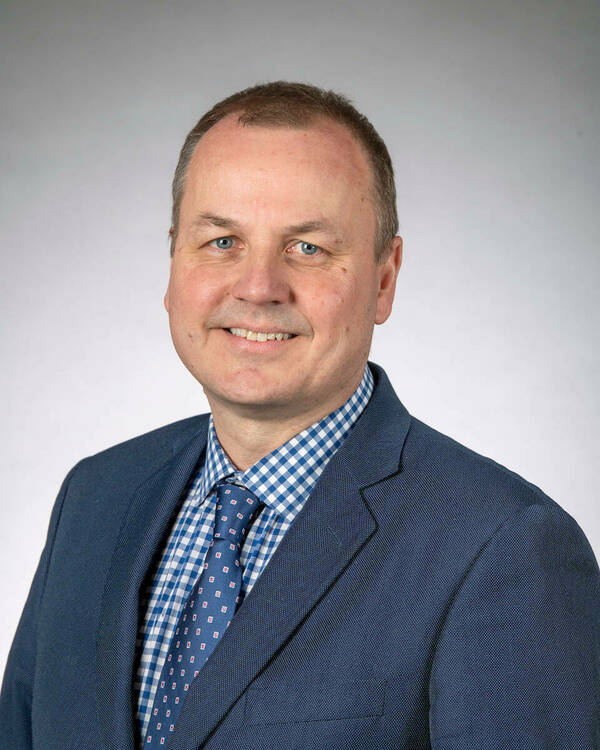The University of Notre Dame received a full National Science Foundation (NSF) Industry-University Collaborative Research Center (IUCRC) continuing grant to create a CyberSMART (Science, Management, Application/s, Regulation, and Training) site at Notre Dame.
Led by Georgetown University, CyberSMART offers a new approach to cyber research by combining computer science, social and economic sciences, and behavioral and cognitive sciences. It is the first multidisciplinary and collaborative IUCRC of its kind. Its key goals include enabling innovative and effective cyber research, education, and training, as well as improving the depth and breadth of research available commercially.
“We are grateful for the opportunity to propel the impactful work with Georgetown University and know there is great potential for the CyberSMART partnership,” says Jaroslaw Nabrzyski, principal investigator for Notre Dame’s CyberSMART site, founding director of the Center for Research Computing (CRC) at Notre Dame, and concurrent professor of Computer Science and Engineering.

Other principal investigators at Notre Dame are Martin Barron, assistant teaching professor of IT, Analytics and Operations at Mendoza College of Business; Kevin Bowyer, Schubmehl-Prein Professor of Computer Science and Engineering; Taeho Jung, assistant professor of Computer Science and Engineering; and Ian Taylor, a CRC computational scientist and research professor of Computer Science and Engineering.
Notre Dame is the first university partner of the Center and offers computer science, social and economic sciences, and behavioral and cognitive science expertise that complements that of Georgetown. The Notre Dame site also brings industry-leading experience in artificial intelligence (AI), cyber crime and national security, cryptocurrency analytics, digital ledger technology including blockchain, and biometrics anti-spoofing and bioethics. The NSF grant will fund further contributions and advancements, as well as connect CyberSMART with industry partners and government agencies.
— James Gilman, Notre Dame Research